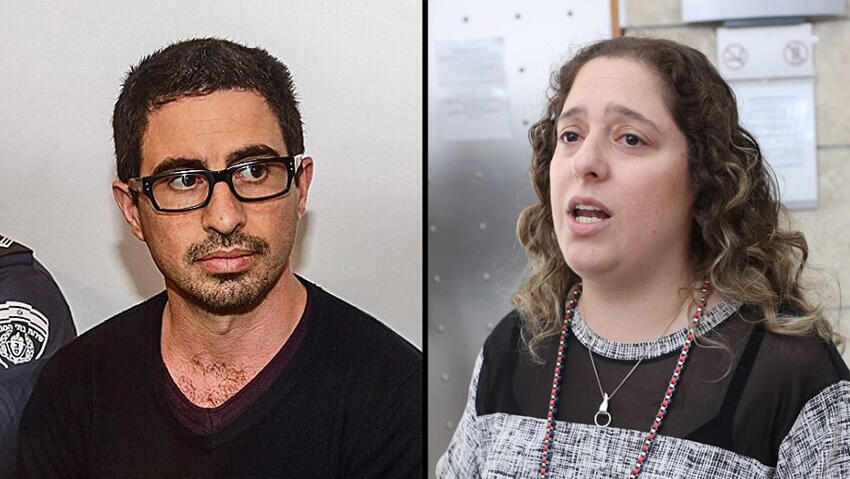Getting your Trinity Audio player ready...
The Knesset's Constitution, Law, Justice Committee began preparing on Tuesday for the first reading of a proposed law that would allow crime victims to express their opinions orally before the early release of the offender who harmed them. According to the proposal, initiated by opposition lawmaker Chili Tropper, the parole board would be required to consider the impact of the release on the victim's rehabilitation process.
"This law is intended to improve the current situation," Tropper explained during the committee discussion. "Today, the parole board is required to consider the rehabilitation prospects of the inmate but is not required to take into account the rehabilitation of the victim, who, from their perspective, carries scars that do not fade over time. It is important to consider the state of the victims even after the offender has served their sentence in prison and before their release, as part of the significant considerations the committee must weigh when making its decision."
"There is an anomaly in the law, as until now, victims could send a letter detailing the implications of the early release, but the board was not required to consider it," committee chair Simcha Rotman said.
Adv. Noa Brodsky Levi, from the legal advisory team to the committee said the bill would outline the considerations that the parole board must weigh, including risks to the public, the inmate's family, and the behavior of the inmate in prison. "Under certain circumstances, the board is allowed to consider additional factors," he said. "The Crime Victims’ Rights Law allows the victim to submit a written statement to the parole board, and in practice, the board sometimes permits the victim to appear in person, but the law does not mandate this. The proposed law would add the impact of early release on the victim to the board's considerations and allow the victim to express their opinion orally as well."
"It’s important to express the victim's outcry"
A harrowing testimony was heard in the committee from Shari Golan, one of the victims of sex offender Alon Kastiel: "Every time I wanted to speak at the parole board, I went through a difficult ordeal. The inmate's position is automatically heard orally, but we, the victims, are not heard." Golan described how she was required to submit letters from psychological and medical professionals and how her ability to speak was dependent on the inmate's consent to leave the hearing.
"In 2022, with the final release of the serial offender, all the victims were given only 22 hours' notice to appear," she said. "They couldn’t submit their opinions or come to speak. I fought to speak, and even then, they asked the man who raped me and locked me in a storeroom for his permission to leave the hearing. I feel it’s important to express the victim's outcry, whose cries are not heard during the first offense."
Get the Ynetnews app on your smartphone: Google Play: https://bit.ly/4eJ37pE | Apple App Store: https://bit.ly/3ZL7iNv
The Public Defender's Office expressed reservations about the proposal, with Adv. Gil Shapira pointing to implementation difficulties and budgetary implications, while also raising the issue of overcrowding in prisons. "We’ve been in a state of prison emergency for over a year, exceeding the maximum incarceration capacity," Shapira said. "Early release is one of the mechanisms that helps relieve this situation."
Adv. Nili Finkelstein from the Ministry of Justice noted that following challenges raised in the field, an inter-ministerial team led by the judiciary administration was established. "The Ministerial Committee for Legislation decided to support the component of the proposal concerning the victim's right to express their opinion orally," she said. "Expressing this position does not make the victim a party to the process but recognizes them as a significant factor with rights at various stages of the process."
"The issue of overcrowding and its harm to other inmates is not currently considered a factor, which is strange," said MK Rothman. In response, MK Tropper stated, "There’s no problem adding the issue of prison overcrowding during wartime as a consideration—it stands as no contradiction to the impact on the victim."



